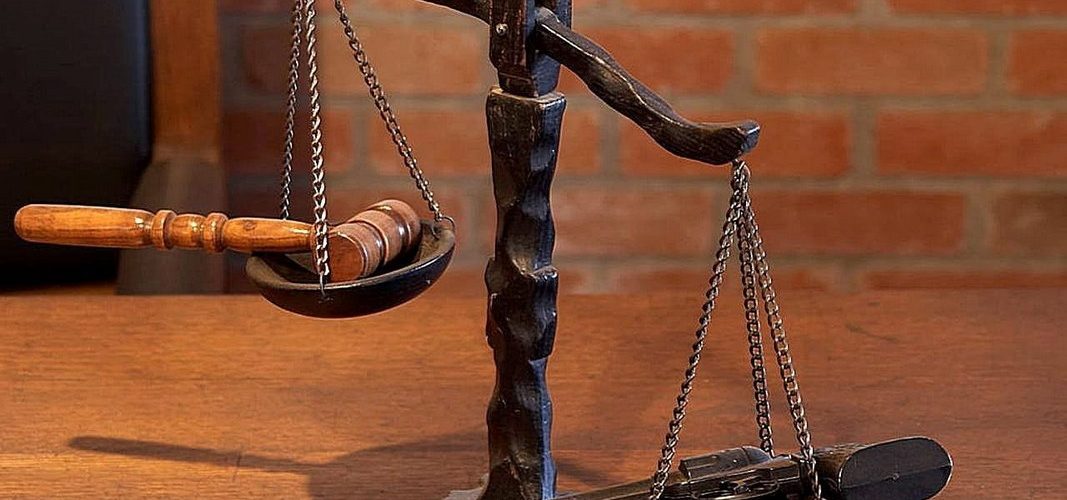Relevant article in the EU VAT Directive 2006/112/EU
Article 168(a)
In so far as the goods and services are used for the purposes of the taxed transactions of a taxable person, the taxable person shall be entitled, in the Member State in which he carries out these transactions, to deduct the following from the VAT which he is liable to pay:
(a) the VAT due or paid in that Member State in respect of supplies to him of goods or services, carried out or to be carried out by another taxable person;
ECJ Cases Decided
- C-610/19 (Vikingo Fővállalkozó Kft.) – Order – Right to deduct VAT even if invoices cannot be considered credible
- Point 62: ….. the right to deduct VAT applies whatever the purpose and result of the economic activity in question, and whether the VAT payable on prior transactions relating to the goods concerned has or has not been paid to the public purse is irrelevant to that right.
- C-354/03, C-355/03 and C-484/03 (Optigen and others) – Right to deduct VAT if taxable person was not aware of VAT fraud
- Point 54: The question whether the VAT on the earlier or later sale of the goods concerned to the end-user has or has not been paid to the public purse is irrelevant to the right of the taxable person to deduct input VAT (see, to that effect, the order of the Court in Case C-395/02 Transport Service [2004] ECR I-1991, paragraph 26). The Court has consistently held that, according to the fundamental principle which underlies the common system of VAT, and which follows from Article 2 of the First and Sixth Directives, VAT applies to each transaction by way of production or distribution after deduction of the VAT directly borne by the various cost components (see, inter alia, Case C-98/98 Midland Bank [2000] ECR I-4177, paragraph 29, and Zita Modes, cited above, paragraph 37).
- C-285/11 (Bonik)
- Point 28: The question whether the VAT payable on the prior or subsequent sales of the goods concerned has or has not been paid to the public purse is irrelevant to the right of the taxable person to deduct input VAT. VAT applies to each transaction by way of production or distribution after deduction of the VAT directly borne by the various cost components (see Kittel and Recolta Recycling, paragraph 49; and Mahagében and Dávid, paragraph 40).
- C-552/16 (Wind Innovation 1)
- Point 44: The Court has previously held that the question whether the VAT on an earlier or later sale of the goods concerned has or has not been paid to the public purse is irrelevant to the right of the taxable person to deduct input VAT (judgment of 12 January 2006, Optigen and Others, C‑354/03, C‑355/03 and C‑484/03, EU:C:2006:16, paragraph 54). As the Direktor claimed, requiring the company concerned to actually pay the VAT due constitutes, for that company, an obstacle to deduction of the input VAT, since it requires that company to commit funds and obliges the tax authorities to return those funds when it re-registers, whereas other traders who hold assets may use them for their economic activities without being required to make such payment.
- C-227/21 (HA.EN.) – No Denial of input VAT if the seller would not pay output VAT
That has also been confirmed by the Court of Justice in interpreting the terms ‘due or paid’ used in Article 168(a) of the VAT Directive
- C-414/10 Véleclair
- Point 25: … Article 17(2)(a) of the Sixth Directive, which also uses the terms ‘due or paid’, as shown in paragraph 19 of this judgment, must be understood as meaning that the question whether the VAT due on the earlier or later sale of the goods concerned has or has not been paid to the public purse is irrelevant to the taxable person’s right to deduct (see, to that effect, Joined Cases C‑354/03, C‑355/03 and C‑484/03 Optigen and Others [2006] ECR I‑483, paragraph 54).
- C-277/14 (PPUH Stehcemp) – Right to deduct VAT in case of non-existent supplier
- Point 45: In addition, the VAT which PPUH Stehcemp actually paid in respect of the fuel supplies at issue in the main proceedings, according to the information in the documents submitted to the Court, was also ‘due or paid’, within the meaning of Article 17(2)(a) of the Sixth Directive. It is settled case-law that VAT applies to each transaction by way of production or distribution after deduction of the VAT directly borne by the various cost components (see, inter alia, judgments in Optigen and Others, C‑354/03, C‑355/03 and C‑484/03, EU:C:2006:16, paragraph 54; Kittel and Recolta Recycling, C‑439/04 and C‑440/04, EU:C:2006:446, paragraph 49; and Bonik, C‑285/11, EU:C:2012:774, paragraph 28). Therefore, the question whether or not the supplier of the goods at issue in the main proceedings has paid the VAT due on those transactions to the public purse has no bearing on the right of the taxable person to deduct input VAT (see, to that effect, judgments in Optigen and Others, C‑354/03, C‑355/03 and C‑484/03, EU:C:2006:16, paragraph 54, and in Véleclair, C‑414/10, EU:C:2012:183, paragraph 25).
Pending ECJ Case
- None
Join the Linkedin Group on ECJ VAT Cases, click HERE















